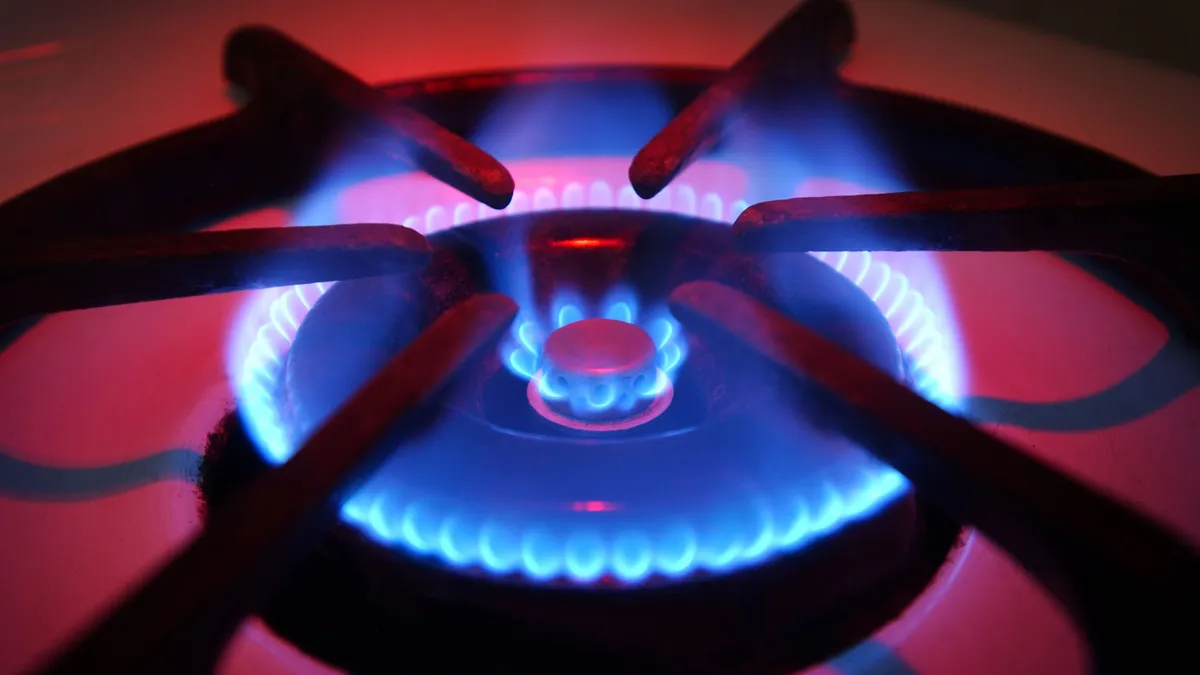Dive Brief:
- BP, Equinor, Shell and Total Energies will jointly invest $500 million towards expanding energy access in Sub-Saharan Africa and South and Southeast Asia, the energy majors announced last week.
- The companies said the joint investment will support the United Nations’ Sustainable Development Goal 7, which is to “ensure access to affordable, reliable sustainable and modern energy for all.”
- The investments, announced Nov. 15, will go towards projects including solar home systems and clean cooking solutions. A 2024 progress report by the International Renewable Energy Agency found that “the current pace of progress falls short of that required to achieve the SDG7 targets by 2030.”
Dive Insight:
The quartet of energy majors said the joint investments would target “promising, high-impact projects” across a range of solutions. In addition to solar systems and clean cooking solutions, the group will also invest in mini- and metrogrids — or small-scale power generation and distribution systems — as well as e-mobility and other energy storage and management solutions, according to the release. Clean cooking solutions include stoves that run on propane canisters or electric cooking options.
The companies’ CEOs each professed a belief that the investments will help close the growing energy access gap. IREA’s 2024 progress report found that 10 million more people were without access to electricity in 2022 than in 2021, and that only 74% of the world’s population had access to clean cooking solutions.
“This joint investment brings together four leading energy companies investing in emerging countries,” Equinor President and CEO Anders Opedal said in the release. “We believe this effort will help close some of the energy access gaps, which is a key part in reaching the global ambition of a just and equitable energy transition.”
TotalEnergies will invest an additional $400 million in liquified petroleum gas facilities for clean cooking solutions in Africa and India, CEO Patrick Pouyanné said in the release.
LPG, commonly known as propane, is considered a “clean-burning fuel” because it emits no visible emissions and fewer emissions than other biomass fuels or fossil fuel options, according to a 2017 report by the UN Environmental Programme-convened Climate and Clean Air Coalition. That makes propane a promising transitional fuel for the more than 2.1 billion people IREA said were without access to clean cooking options as of 2022, who instead rely on more highly polluting cooking options like unprocessed biomass — i.e. wood or crop waste — or other fossil fuels like coal.
IREA said in its June report that, despite some progress, “the world is still not on track to achieve universal access to clean cooking” by the UN’s deadline for its SDGs in 2030.
UN member states adopted the 17 SDGs in 2015, including gender equality, reduced inequalities and affordable and clean energy.
The investments will be managed by a global private equity firm with a “strong record in impact investing,” according to the release. Without naming the firm, the companies said the investment’s manager has expertise to ensure the money is “strategically directed to create both social impact and financial returns, while engaging with governments, international organizations, financial institutions, the private sector, civil society, and philanthropies.”












